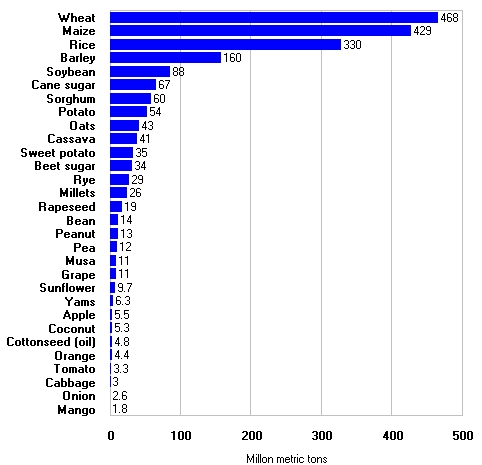As I’ve been doing research into service systems, I’ve reached my own conclusions about two blind spots in the current literature.
- 1. There continues to be a lot of debates about the distinctions (and non-distinctions) between services and products. From a systems perspective, I’m satisfied that the most important features are sufficiently covered by a definition of offerings initially conceived by Richard Normann, and further developed by Rafael Ramirez and Johan Wallin. Features are expressed in three dimensions of physical content, service and infrastructure content, and people (relationship) content.
- 2. Descriptions of service systems often follow mechanistic frames for function, structure and process that are helpful for understanding physical aspects of a system, but are less helpful for understanding the social contexts of collaboration. Conversations for action — also known as the language action perspective initiated by Fernando Flores and Terry Winograd — are an alternative way to model some aspects of human-to-human interaction, coming from the field of computer science. Language action is well known to reserachers in computer-supported cooperative work — actually famous or infamous, depending on your point of view — but less well known in by business researchers. The social perspective is inescapable in this perspective, because only human beings can make commitments. (Try blaming a machine for an error, and see if it cares!)
Since a service system is a social system, combining the above models of offerings and conversations for action is helpful in recognizing the types of obligations made about products, services, and (people) relationships.… Read more (in a new tab)



